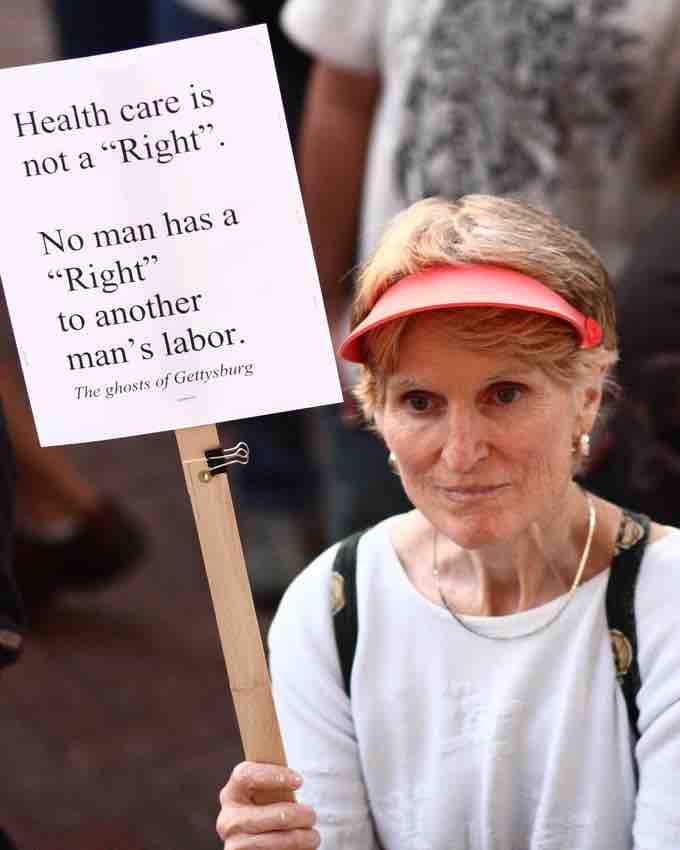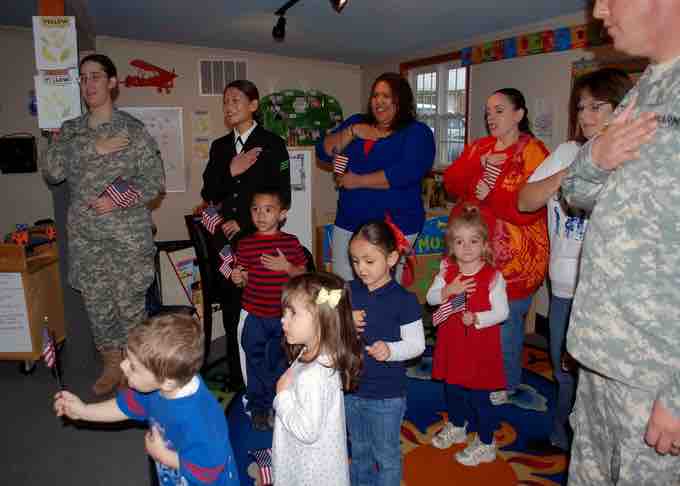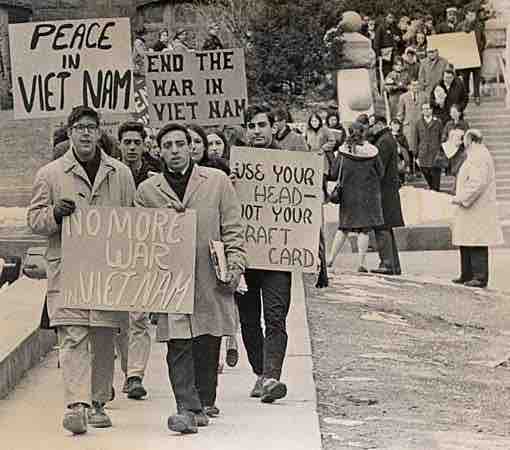Political Socialization
Political socialization is a concept concerning the "study of the developmental processes by which children of all ages (12 to 30) and adolescents acquire political cognition, attitudes, and behaviors". It refers to a learning process by which norms and behavior acceptable to a well running political system are transmitted from one generation to another. It is through the performance of this function that individuals are inducted into the political culture and their orientations towards political objects are formed.
Agents of Socialization
The following agents of Socialization influence to different degrees an individual's political opinions:
- Family
- Media
- Peers
- Education
- Religion
- Faith
- Race
- Gender
- Age
- Geography
These factors and many others that people are introduced to as they grow up will affect their political views throughout the rest of their lives. Political beliefs are often formed during childhood, as parents pass down their ideologies to their children and so on.
Factors
The agents a child surrounds him/herself with during childhood are crucial to the child's development of future voting behaviors. Some of these agents include:
Family: Glass (1986) recognizes family as a primary influence in the development of a child's political orientation, mainly due to constant relationship between parents and child, detailed in the table Family as a Primary Influence below.
Schools: Most influential of all agents, after the family, due to the child's extended exposure to a variety of political beliefs, such as friends and teachers, both respected sources of information for students.Mass Media: Becker (1975) argue that the media functions as a medium of political information to adolescents and young children.
Religion: Religious tradition can have a strong effect on someone's political views. For example, Protestants tend to be more conservative (in countries where Protestants are not great majority).
Political Parties: Scholars such as Campbell (1960) note that political parties have very little direct influence on a child due to a contrast of social factors such as age, context, power, etc.
Agents of Political Socialization
- Family - Most important shaper of basic attitudes Teaches basic political values & loyalty to particular political party
- Schools – Teach patriotism and American mythology Early grades build on and reinforce positive learning
- Peers – Limited in effect because of self-selection Peer group in youth affects mostly "lifestyle issues"
- Mass Media – Effect difficult to measure but substantial Promotes cynicism about government Agenda Setting – Telling us what to think about Framing – Tells us what to think about what is presented
- Political leaders and institutions
- Churches and Religion Religious right and religious left

Senior Citizen Involvement
People who have not participated in politics much throughout their life may participate more in retirement.

Pledging Allegiance
Children learn political values through political socialization. This can occur through rituals, such as the recitation of the pledge of allegiance at the beginning of each school day.

Student Protesters
Student activists in the 1960s protested against US involvement in the Vietnam War. Some activists developed more favorable attitudes toward government as they matured, had families, and became homeowners.